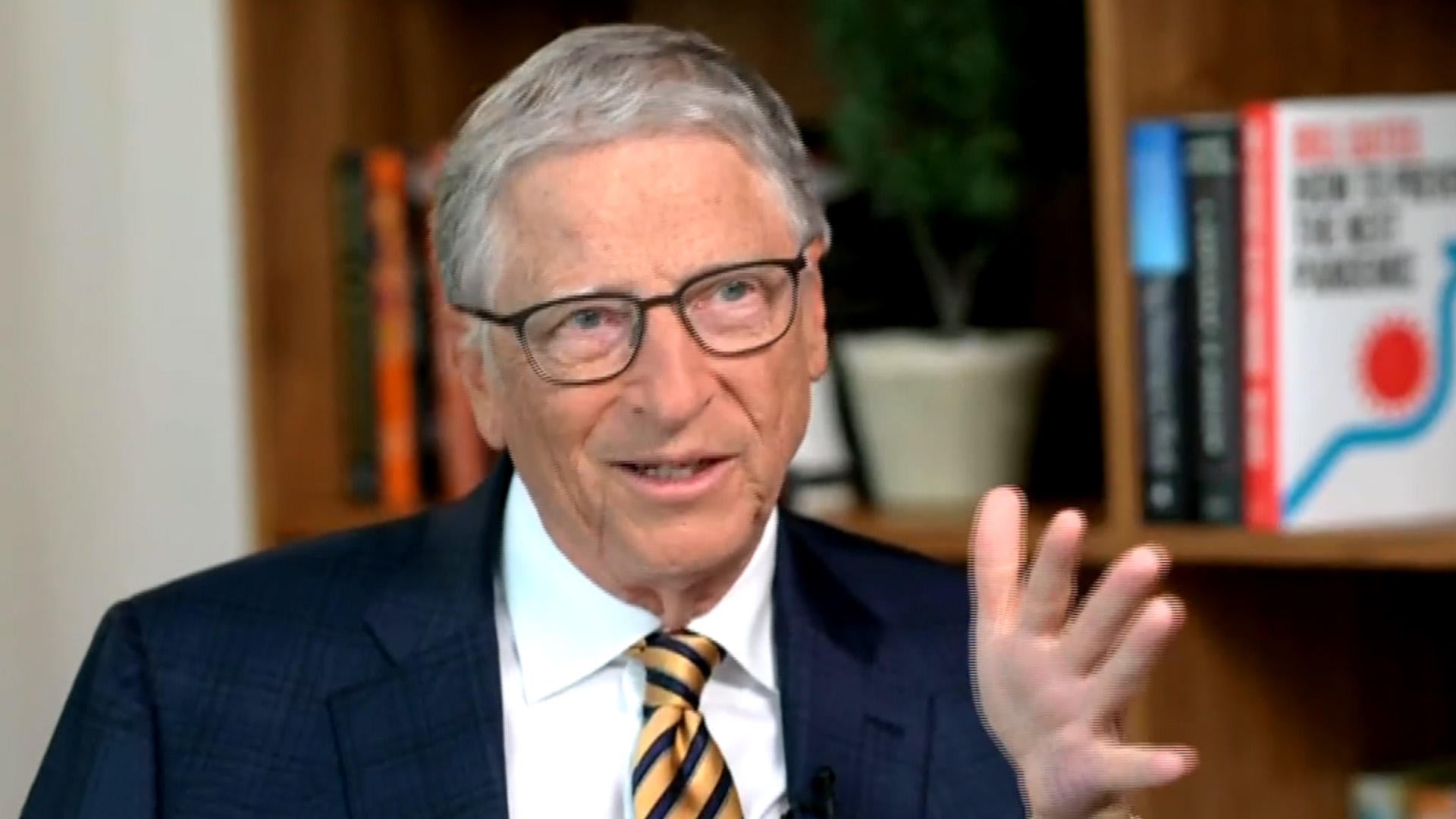Microsoft founder Bill Gates expressed confidence on Sunday that his next-generation nuclear power project will move forward regardless of the political landscape in Washington. Gates emphasized the bipartisan support for nuclear power, citing its benefits beyond climate concerns. Gates and his energy company, TerraPower, recently commenced a groundbreaking project in Kemmerer, Wyoming. This innovative nuclear power plant employs sodium cooling instead of water, simplifying the process and enhancing safety. The plant, set to produce power by 2030, represents the first commercial attempt in decades to incorporate advanced nuclear reactors in the U.S. TerraPower applied for a construction permit from the Nuclear Regulatory Commission in March.

Innovative Nuclear Technology and Bipartisan Support
The new plant will be located near the Naughton Power Plant, which plans to cease coal operations by 2026 and natural gas operations a decade later. Gates highlighted that nuclear power does not emit climate-changing greenhouse gases, making it an attractive clean energy source. He noted that both Democrats and Republicans support the project, albeit for different reasons. Democrats value the clean energy aspect, while Republicans appreciate the energy security it provides. Gates stated on “Face the Nation,” “Of all the climate-related work I’m doing, I’d say the one that has the most bipartisan energy behind it is this nuclear work.” He attributed this support to nuclear power’s potential to address climate change and enhance U.S. energy security.
Strategic and Economic Benefits of U.S. Leadership
Gates underscored the importance of U.S. leadership in nuclear technology for economic and strategic reasons. “You don’t want the nuclear reactors around the world, made by our adversaries, because it’s economically a huge job creator,” he said. Additionally, overseeing the materials involved in these reactors is crucial to prevent their diversion for military purposes. China currently leads in constructing nuclear reactors, but Gates believes the U.S. can compete if it leverages its innovation capabilities. “If we unleash the innovation power of this country, we tend to lead,” Gates said. He praised the federal government’s support, which aims to address the high costs of current reactors and maintain U.S. leadership in the field.
Challenges and Solutions in Fuel Supply
One significant challenge for the project was its initial reliance on uranium fuel from Russia. The geopolitical implications of Russia’s war against Ukraine necessitated a shift in the fuel supply strategy, delaying the project from 2028 to 2030. However, Gates assured that alternative suppliers in the United Kingdom and South Africa, along with future sources from the U.S. and Canada, would enable the project to proceed. “We can go to the free world and meet our fuel requirements,” Gates said. He acknowledged the federal government’s assistance in establishing these alternative supply chains, ensuring the project’s continuity.

Gates remains optimistic about the future of the next-generation nuclear power project, citing strong bipartisan support, strategic benefits, and innovative solutions to overcome fuel supply challenges. The project promises to position the U.S. as a leader in advanced nuclear technology, contributing to clean energy and economic growth.
